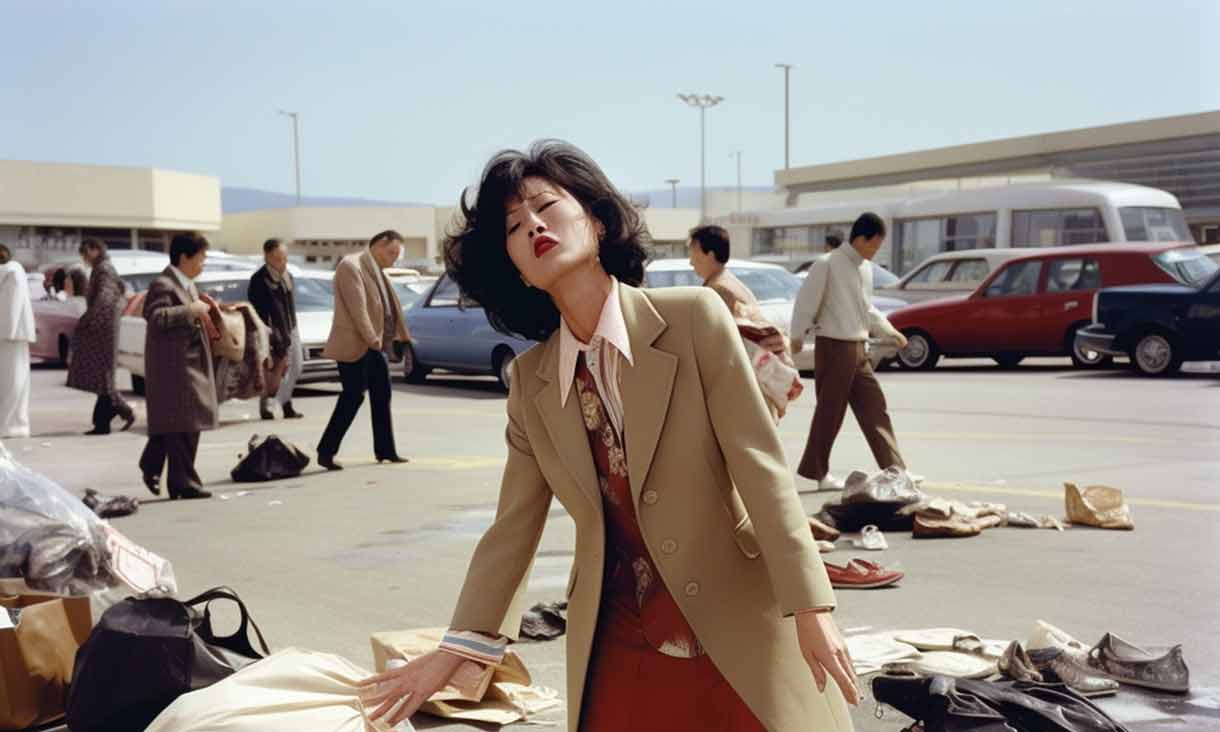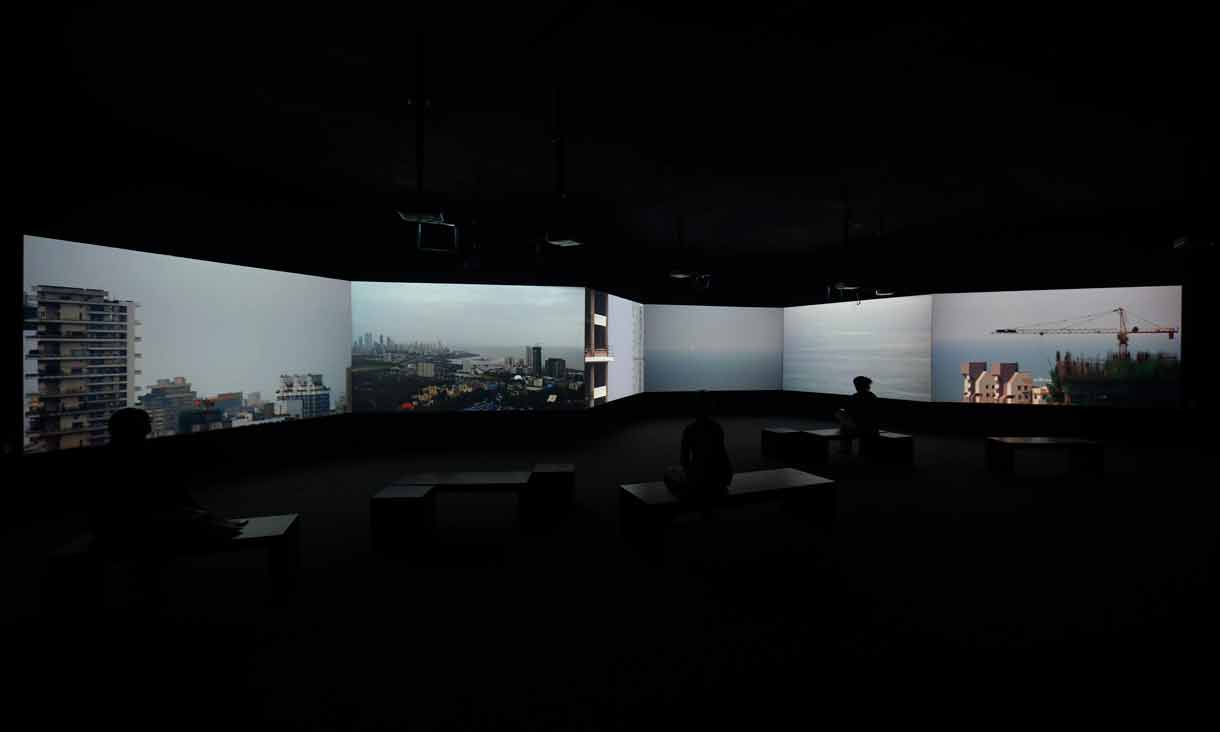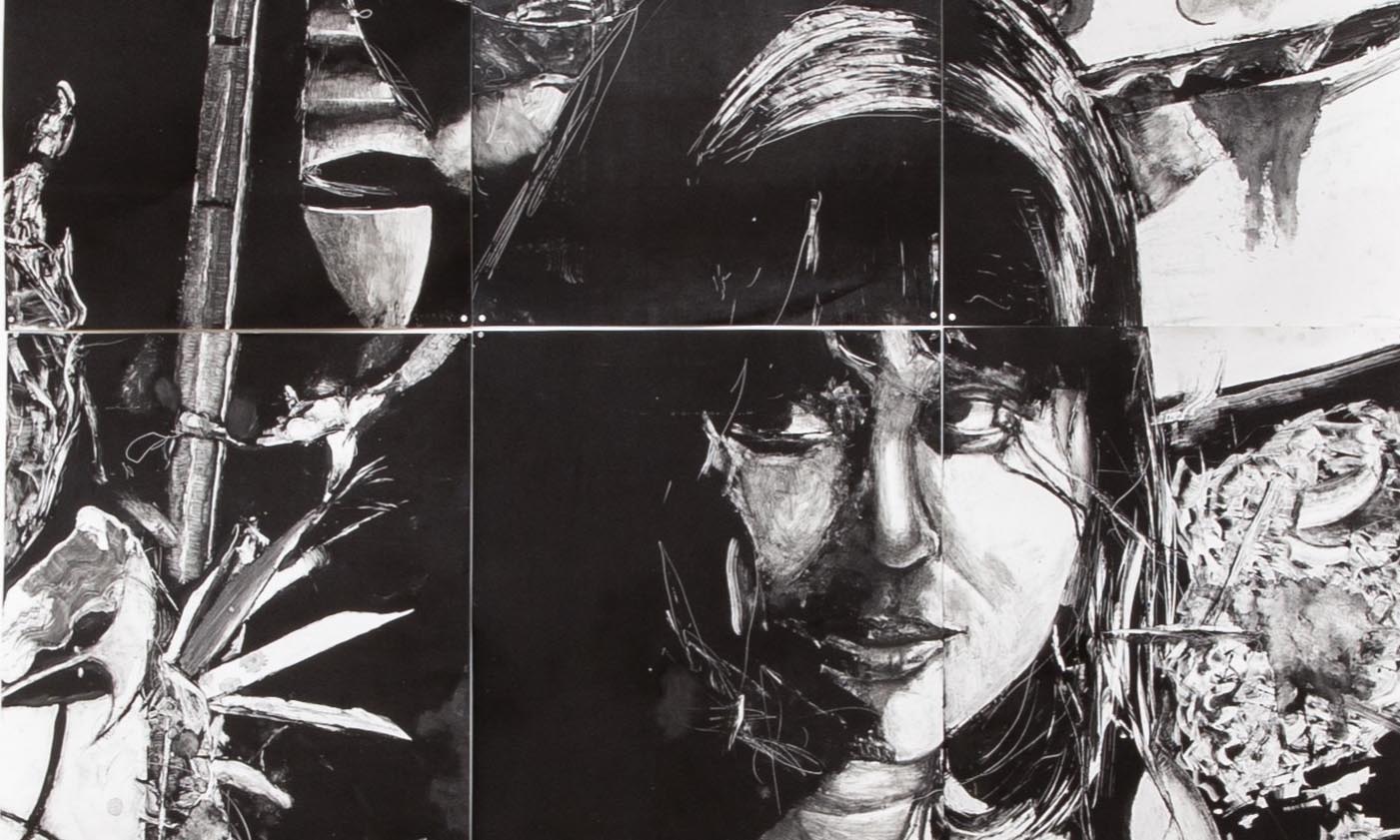
execute_photography
01 Mar 2024 - 04 May 2024

To See is to Change
01 Mar 2024 - 27 Apr 2024

The Act of Looking by Jana Papantoniou
16 Apr 2024 - 10 May 2024
